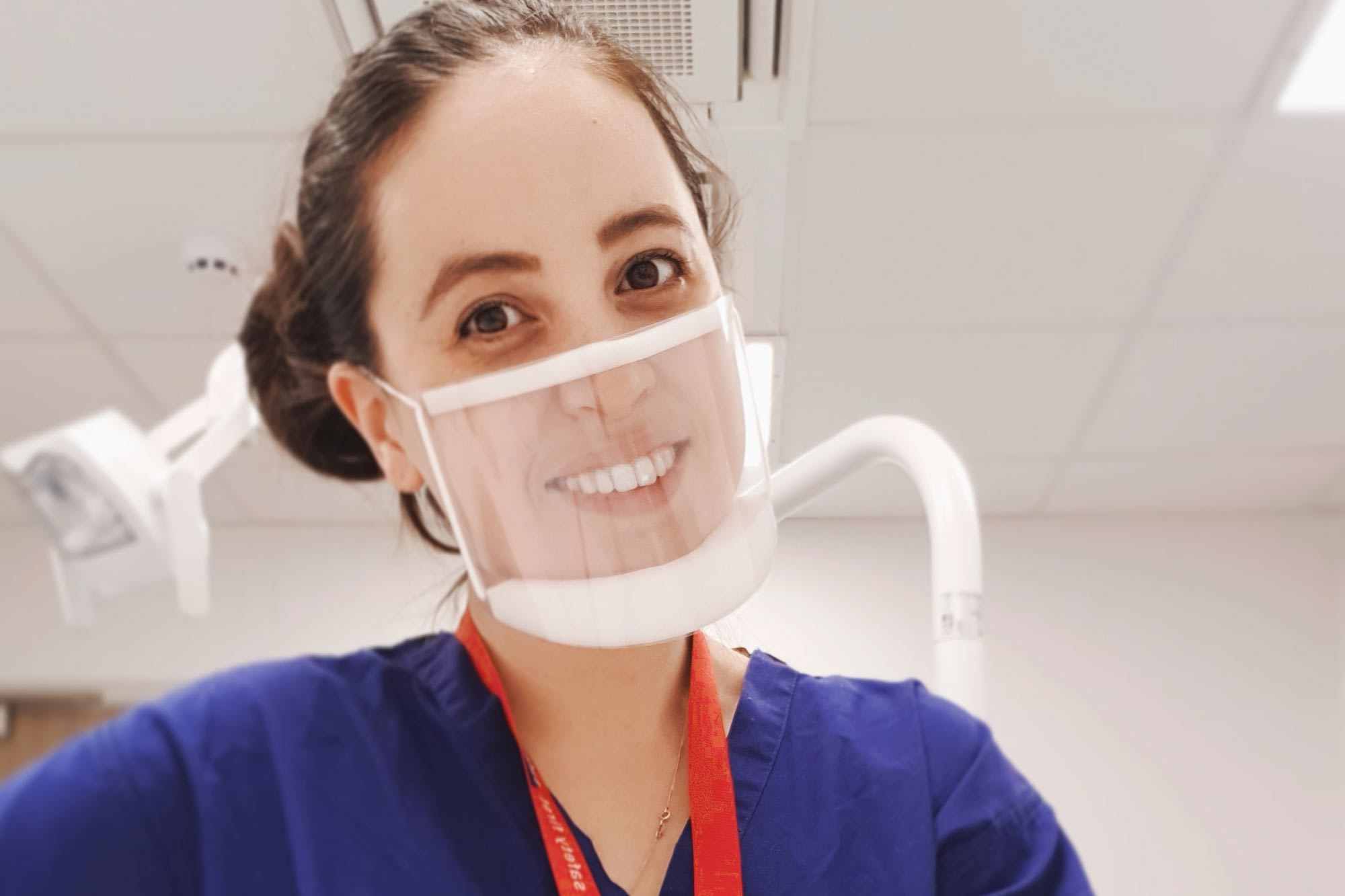 Natalie Bradley discusses the importance of Deaf Awareness Week in dentistry and offers advice for effective and inclusive communication.
Natalie Bradley discusses the importance of Deaf Awareness Week in dentistry and offers advice for effective and inclusive communication.
The first week of May has been Deaf Awareness Week and 11 million people in the UK are deaf or hard of hearing.
Hearing impairments occur when there’s a problem with or damage to one or more parts of the ear. The causes of this can be congenital (such as in some genetic disorders) or acquired (such as illnesses, infection or prolonged exposure to loud noise).
Treatment of hearing loss depends on the type of hearing impairment patients have (conductive, sensorineural, mixed, central hearing loss or auditory processing disorders). Treatments can include removing or treating the obstruction, medication, surgical repair, hearing aids, cochlear implants or no treatment at all.
Effective communication
Communicating with patients who are deaf or hard of hearing can be challenging. It has only become more difficult with the proliferation of face masks and enhanced PPE resulting from the COVID-19 pandemic.
We have a responsibility in our dental surgeries to ensure we are effectively communicating with our patients (GDC Standard 2), especially during consent processes.
When communicating with patients both in and outside of the dental surgery, the Royal National Institute for Deaf People have recommended the following:
- Make sure you are facing the person directly so they know you are speaking to them. And also, where possible, can lip read. Patients might also have a better side to speak to them from
- Do not shout but speak clearly and loudly
- Speak clearly – not too fast, not too slow
- If they don’t understand, then repeat using more plain language. Don’t ever just say: ‘Don’t worry’
- Eliminate background noise
- Speak one person at a time
- Use gestures and non-verbal communication.
Making reasonable adjustments in the dental surgery
All dentists should make reasonable adjustments for these patients according to the Equality Act 2010.
Most of these patients can therefore be seen in general dental practice. But in some cases such as patients who have other associated medical or social co-morbidities, management by Special Care Dentistry is appropriate.
Adjustments all dental care professionals can make are:
- Reducing background and other noises in the dental surgery eg turning the radio off, avoiding opening equipment packets, cupboard doors etc when trying to speak to the patient. Also consider the noises created from dental drills, ultrasonics and suctioning. Patients who have hearing aids may prefer to switch them off during treatment as high-pitch noises can cause interferences
- Use communication methods mentioned above or consider writing things down or using devices/apps such as the Google transcribe app or Interpreter Now, which allows access to the British Sign Language (BSL) interpreter on video call. Should your patients use BSL, access to interpreters is advised, which might be more readily accessible for Community Dental Services
- Make sure you record how the patient would prefer their communication from you and the dental practice. Since 2016, all NHS services should record this according to Accessible Information Standards. For example, patients might prefer text message or email reminders rather than telephone calls. Or require information in leaflets rather than verbal instructions.
Adapt and apply
COVID-19, as aforementioned, has made communication much more challenging. But we can also make adjustments to attempt to communicate as much as possible before the appointment. For example virtual or video consultations and using more non-verbal communication.
There are even clear face masks available (which are usually only for use for consultations rather than treatment) for people who rely on lip reading.
Dental professionals must adapt their communication methods for people who are deaf or hard of hearing. For people who use BSL, anyone can learn the basics of using this language by undertaking courses, and many of these are now done online such as British Sign.
Follow Dentistry.co.uk on Instagram to keep up with all the latest dental news and trends.


